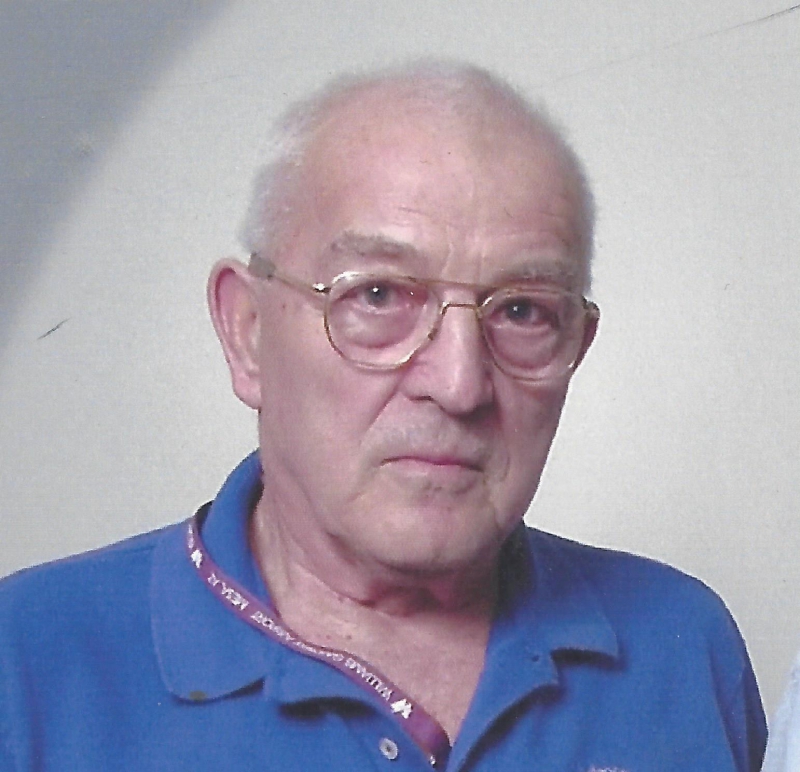.jpg.jpg)
Thousands of veterans are improperly billed for their VA health care because of the agency’s inefficient and error-prone billing system, according to a congressional probe of the issue.
Thousands of veterans are improperly billed for their VA health care because of the agency’s inefficient and error-prone billing system and a lack of VA management oversight, according to a congressional probe of the issue.
This creates tremendous unnecessary stress on veterans and is unacceptable, said Rep. Michael Michaud, D-Maine, chairman of the House Committee on Veterans’ Affairs Health Subcommittee. Rep. Harry Brown Jr., of South Carolina, the ranking Republican on the subcommittee, called the billing problem deeply disappointing.
The Oct. 15 hearing focused on the burden both service-connected and non-service connected veterans face dealing with the VA billing system. Veterans and their insurance companies routinely are billed for service-connected health care veterans are supposed to receive at no cost. In addition, veterans who see VA for non-service connected care often are billed multiple times for the same appointment or billed for treatment they never received.
For example, VA currently bills a veteran’s wife’s private insurance company for treatment he receives at the VA for his service-related health problems. This is happening even though the veteran’s health issues are rated 80-percent service-connected, Denise Williams of The American Legion’s Veterans Affairs & Rehabilitation Commission told the subcommittee. And the veteran has been unable to stop the inappropriate billing even after bringing the issue to VA’s attention. “The American Legion is deeply concerned about this critical situation,” Williams said, calling on VA to work with the Legion to investigate this and other billing problems.
There are a tremendous number of these cases.
“Inappropriate billing is a VA-wide problem,” Fred Cowell, a senior health-policy analyst with the Paralyzed Veterans of America, told the subcommittee. “Almost every billing statement that I receive contains charges that are incorrect.” As a result, VA’s front-line health-care workers are spending valuable time helping resolve billing errors instead of taking care of veterans.
A veteran may spend months getting a bill corrected, if it gets corrected at all, veterans service organizations told the subcommittee. Meanwhile, VA adds penalties to the unpaid bills and may withhold money from a veteran’s disability check to cover the erroneous bill.
One of the most troubling aspects of the overall problem, “is the perception these veterans carry about VA being indiscriminating in their billing and collections and VA being unresponsive when veterans bring their concerns to the local facility for corrective action,” said Adrian Atizado of the Disabled American Veterans. “VA is not supposed to be a for-profit health provider, but is perceived to be such by our veterans. There also is concern that financial pressures at local VA facilities “may encourage or contribute to inappropriate billing.“
There is another side to the billing problem that simultaneously is costing the agency money, according to testimony at the hearing. VA is failing to collect millions of dollars from insurance companies that the agency is legitimately owed, an official from the Government Accountability Office told the subcommittee during the hearing.
One GAO audit found that VA had failed to make initial follow-up calls on its accounts receivable 69 percent of the time.
VA says it has addressed many of the concerns raised in the hearing with better computer software and extensive training. “VA has a number of mechanisms that have been put in place to ensure veterans and their third-party health insurers are charged appropriately,” Gary M. Baker, VA’s chief business officer testified. “Should a veteran receive a bill that appears to be in error, VA encourages the veteran to contact their local medical center revenue staff, who will review the bill with the veteran and help to reconcile the issue.”
- Veterans Benefits

